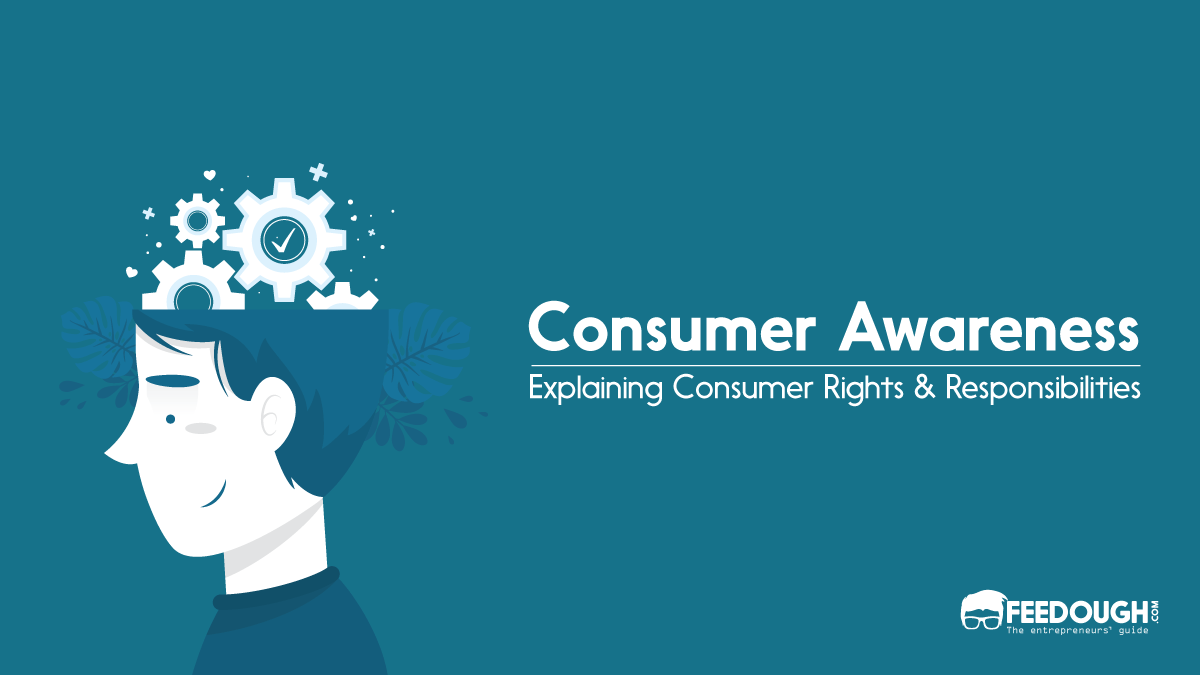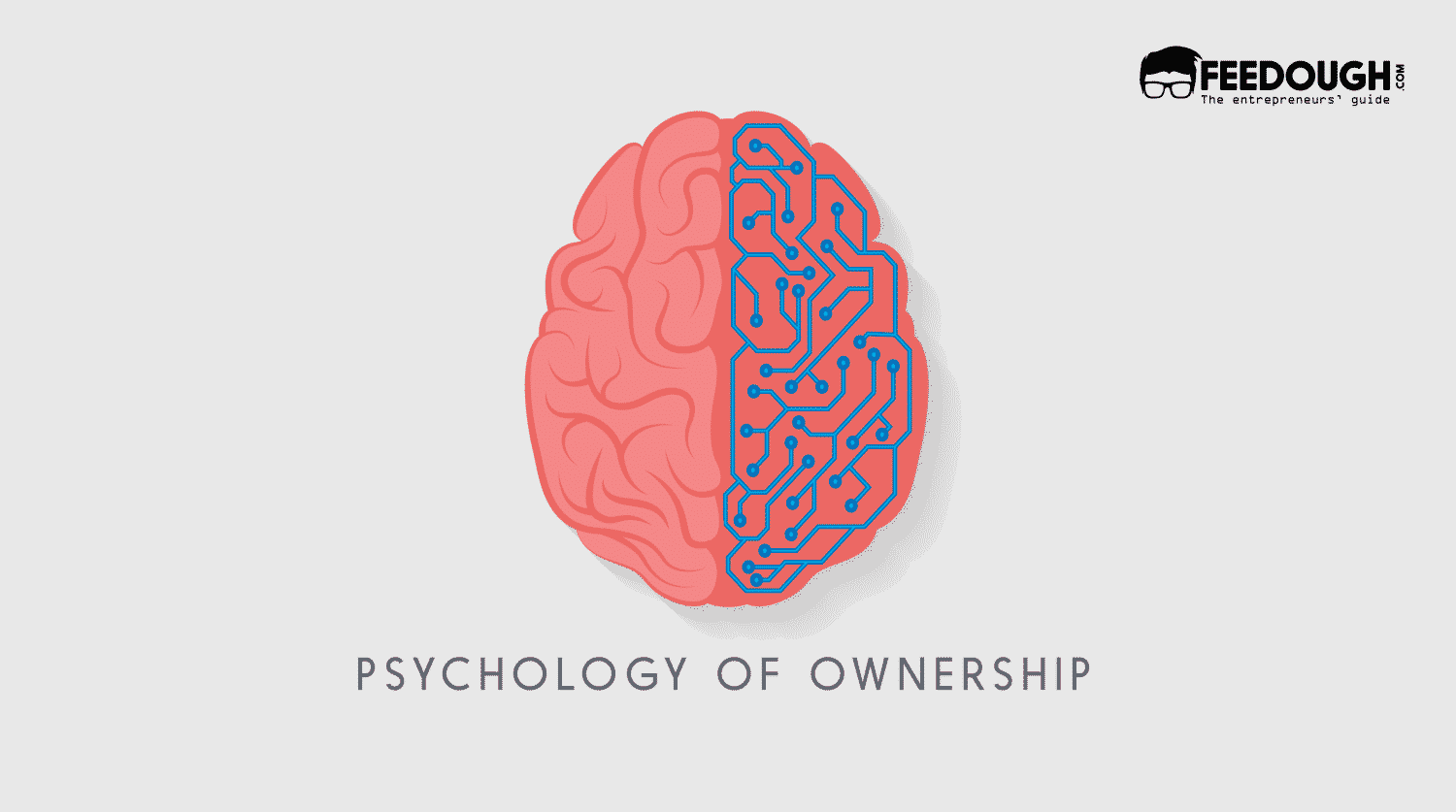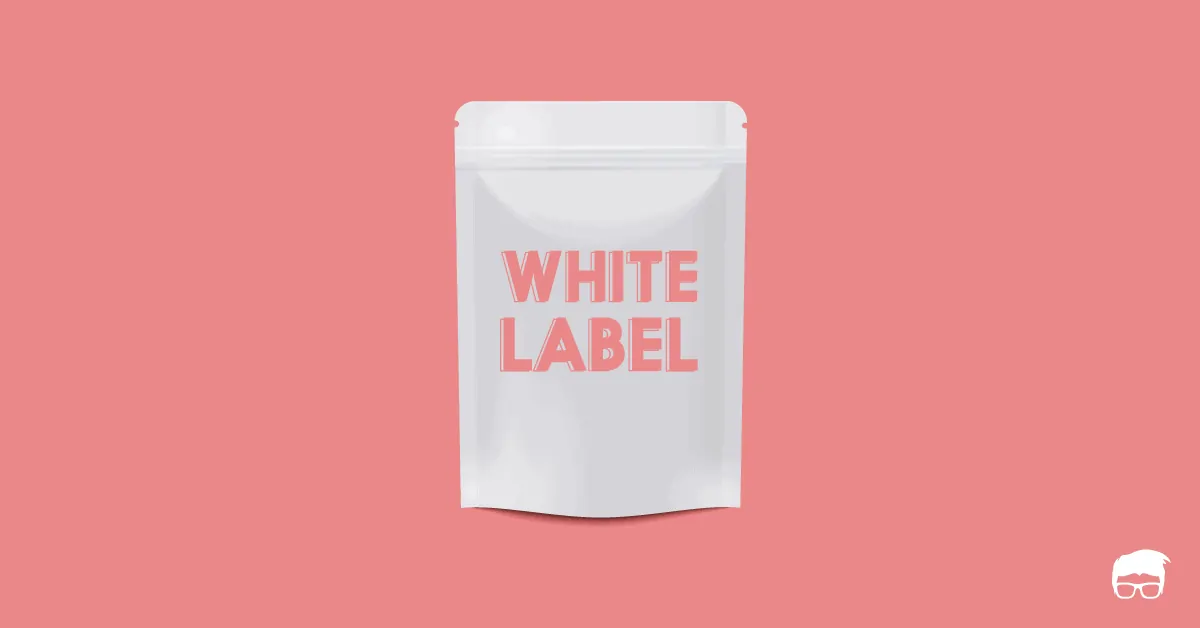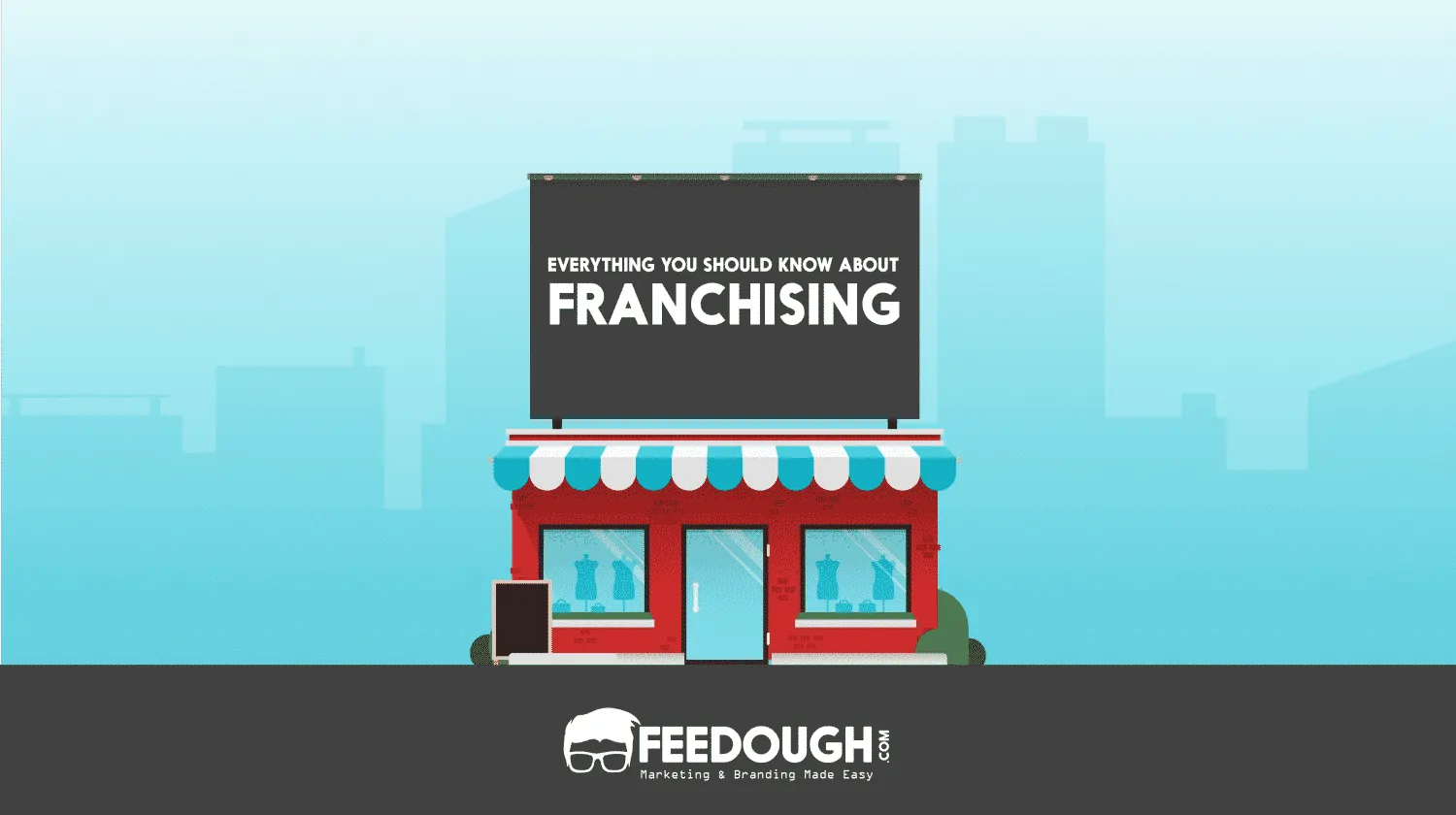There are times when the competitive market scenario leads to companies engaging in what we call “malpractices”, or practices that benefit the business at the consumer’s cost. These could be misleading advertisements – for example, the brand’s promotion calling it a sugar-free snack when it’s not really sugar-free – or even manufacturing a product that contains life-threatening ingredients – for example, excessive amounts of lead were detected in Nestlé’s Maggi noodles, an international noodles and seasoning brand.
For consumers to protect themselves from such malpractices, they need to be aware of their rights. This would enable them to shield themselves from any malpractice from the producer’s or seller’s end.
In short, consumer awareness is integral in the modern-day economy.
But what is consumer awareness? What are the rights and responsibilities of a modern-day consumer?
Let’s find out!
What Is Consumer Awareness?
Consumer awareness is the act that consumers perform to shield themselves from marketplace exploitation by gaining enough information about the offerings they consume and by practicing their consumer rights.
The process of consumer awareness requires governments to intervene, as it is a matter of public welfare.
This process involves successfully educating a consumer about their rights and responsibilities for the sole reason of their safety and protection from potential marketplace exploitation. Emphasis is laid upon making information accessible and redressal options available.
Importance Of Consumer Awareness
Below listed are a few points that state the importance of consumer awareness. Consumer awareness:
- Allows a consumer to achieve maximum satisfaction at the best price.
- Protects consumers in a marketplace from all sorts of exploitation that the producers and sellers might indulge in.
- Protects a consumer from consuming large quantities of harmful products.
- Motivates a consumer to save and not splurge.
- Helps consumers solve problems regarding their purchases as they grow more aware of redressal mechanisms.
- Enables a society to grow healthily.
Consumer Rights
In a marketplace, consumers are given certain rights that disallow producers and sellers to cheat or exploit them in any manner whatsoever. Below listed are a few rights that a consumer is expected to be aware of at all times when buying goods and services:
- Right to Safety: The Right to Safety allows consumers to protect themselves from products that have the potential to hold back or even cripple their safety. Consumers have the right to protect themselves from any product that threatens their mental or physical health. This right ensures consumers that they have all the right to demand justice in the event of injury or harm caused by a product or service.
For example, if a defective pressure cooker harms or causes injury to a consumer, they could demand monetary compensation from the producer in the consumer court. - Right to Information: The Right to Information states that a consumer needs to be aware of all the details of a product or service. These details include the quality, quantity, potency, standard, purity, and price of goods. Consumers should be certain of the product or service they choose to buy, and for the same, they should be aware of its details.
For example, a consumer should be made aware of the side effects of a certain drug that he purchases from the pharmacy. - Right to Choose: A consumer should be allowed to choose to buy a product or service of their choice without being forced to do so. The entire decision of purchasing a certain product is solely upon the consumer. This right also ensures that a consumer has several articles to choose from, as monopolistic practices are not deemed legal.
For example, if a consumer wishes to purchase a keyboard but the seller states that one could purchase a keyboard only if they buy the mouse as well. This would be deemed an illegal practice as the consumer has all the right to purchase just the keyboard, minus the mouse. - Right to Be Heard: A consumer, in the event of being dissatisfied with the product or service that they purchased, has the right to file a complaint in the consumer court. The court should address the complaint in a limited time frame, and it cannot, in any event, go unheard.
- Right to Seek Redressal/ Have Problems Corrected: If a consumer is dissatisfied with a particular purchase, the consumer has the right to get the product replaced, or a refund could be demanded for the product. The consumer may also ask for compensation in case a product or service causes harm to them.
- Right to Consumer Education – Consumers are to be made aware of their rights as buyers in the marketplace. They should be able to access all information and details regarding a product, and also have the right to be made aware of their rights and responsibilities as a consumer.
- Right to Service- Every consumer is to be treated with the utmost respect in the marketplace. Consumers are granted the right to expect prompt services that meet the standard or quality of a business. This right is granted to all, irrespective of their gender, class, income, age, religion, or race.
In the event of any form of discrimination, the consumer has the right to approach the court and seek compensation for the same.
Responsibilities Of A Consumer
As consumers in a marketplace, they too have certain responsibilities that they should keep in mind in order to ensure that they are protected from all kinds of marketplace exploitation. Below listed are a few responsibilities that consumers should keep in mind while purchasing a product or service:
- The Responsibility to Be Informed: A consumer must make sure that they are informed of what they are purchasing. For example, if one plans to buy food products, they should make sure they know what it contains and whether or not it is not something that would harm them in any manner whatsoever. If one pays for a service, they should keep themselves informed of the service they purchased and have a clear idea of what kind of service they expect.
- The Responsibility to Choose Carefully: Consumers, while making purchases of shopping products, tend to compare one product or service with another. A consumer must see to it that they make sure that they choose a product that best satisfies their needs, interests, or desires. A responsible consumer will make sure that they are getting great value at the best price.
At the same time, one must be responsible of their environment as well. They should also be aware of the availability of resources and adjust accordingly. - The Responsibility to Use Products Safely: Consumers are expected to make sure they are aware of how a product is to be used and must follow the user’s instruction that is provided along with the product. Consumers should make sure they adhere to the instructions provided. For example, if a certain dosage is recommended for a particular drug, one must not consume more than what has been recommended.
- The Responsibility to Speak Out: Consumers are expected to provide producers and sellers with adequate feedback. It is integral to let a producer or seller know if they are dissatisfied with their product or service and seek a response. This will allow the consumer to practice their right of seeking redressal if required.
Reporting unfair practices on the part of the producers and sellers is of utmost importance as this would add to the awareness among other potential consumers of the product or service. - The Responsibility to Seek a Remedy: If a consumer is dissatisfied with a defective product, the consumer needs to contact the producer or seller to get a refund or replace it. This is important as a consumer pays the product’s full price and has the right to get the best value for their money. If the producer or seller refuses to solve the problem, the consumer must approach the consumer court.
- The Responsibility to Learn Consumer Skills: As a consumer, one should make sure they have all the necessary consumer skills that make them a responsible consumer. These skills include – reading labels on packages, comparing prices and quality, paying attention to news that reports illegal practices of a certain business or company, reading consumer information publications, keeping oneself updated regarding products and their usage, etc.
Effects Of Consumer Awareness
Consumers in the marketplace today are more aware and alert than ever. They are aware of their rights and responsibilities and utilise them to derive maximum satisfaction by demanding value for price and shield themselves from any sort of exploitation.
A responsible consumer would now make it a point to make sure that he is purchasing good quality products and services, check its manufacturing and expiry date, and ascertain that the product’s price matches the offering’s quality, quantity, purity, and standard.
Keeping in mind all of these rights and responsibilities allows consumers to make sure that their rights are observed. Additionally, these rights and responsibilities also ensure consumers that they will get the best value for their money at all times and grants them the right to seek redressal if they are left dissatisfied.
Go On, Tell Us What You Think!
Did we miss something? Come on! Tell us what you think about our article on consumer awareness in the comments section.
A startup enthusiast who enjoys reading about successful entrepreneurs and writing about topics that involve the study of different markets.






![What Is Green Marketing? [The Complete Guide] green marketing](https://www.feedough.com/wp-content/uploads/2018/11/green-marketing.webp)


